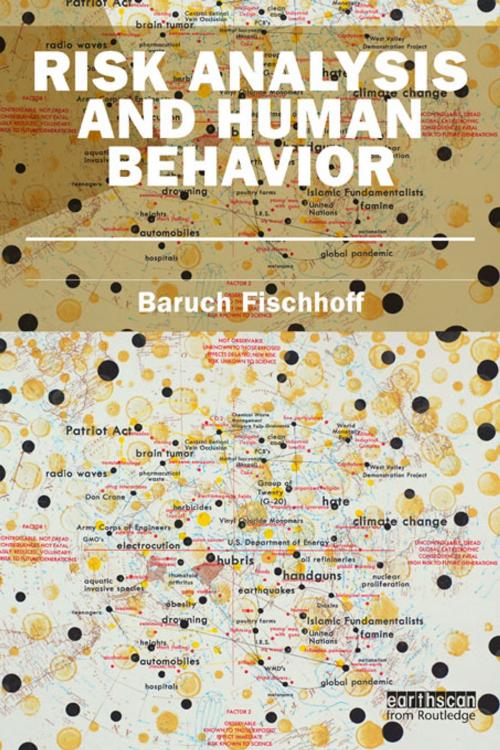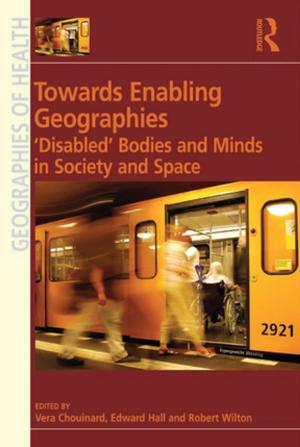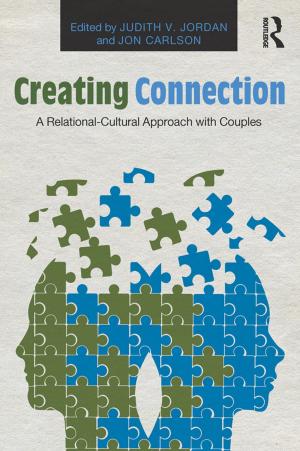Risk Analysis and Human Behavior
Business & Finance, Management & Leadership, Decision Making & Problem Solving| Author: | Baruch Fischhoff | ISBN: | 9781136495793 |
| Publisher: | Taylor and Francis | Publication: | June 17, 2013 |
| Imprint: | Routledge | Language: | English |
| Author: | Baruch Fischhoff |
| ISBN: | 9781136495793 |
| Publisher: | Taylor and Francis |
| Publication: | June 17, 2013 |
| Imprint: | Routledge |
| Language: | English |
The articles collected here are foundational contributions to integrating behavioural research and risk analysis. They include seminal articles on three essential challenges. One is ensuring effective two-way communication between technical experts and the lay public, so that risk analyses address lay concerns and provide useful information to people who need it. The second is ensuring that analyses make realistic assumptions about human behaviours that affect risk levels (e.g., how people use pharmaceuticals, operate equipment, or respond to evacuation orders). The third is ensuring that analyses recognize the strengths and weaknesses of experts’ understanding, using experts’ knowledge, while understanding its limits. The articles include overviews of the science, essays on the role of risk in society, and applications to domains as diverse as environment, medicine, terrorism, human rights, chemicals, pandemics, vaccination, HIV/AIDS, xenotransplantation, sexual assault, energy, and climate change. The work involves collaborations among scientists from many disciplines, working with practitioners to produce and convey the knowledge needed help people make better risk decisions.
The articles collected here are foundational contributions to integrating behavioural research and risk analysis. They include seminal articles on three essential challenges. One is ensuring effective two-way communication between technical experts and the lay public, so that risk analyses address lay concerns and provide useful information to people who need it. The second is ensuring that analyses make realistic assumptions about human behaviours that affect risk levels (e.g., how people use pharmaceuticals, operate equipment, or respond to evacuation orders). The third is ensuring that analyses recognize the strengths and weaknesses of experts’ understanding, using experts’ knowledge, while understanding its limits. The articles include overviews of the science, essays on the role of risk in society, and applications to domains as diverse as environment, medicine, terrorism, human rights, chemicals, pandemics, vaccination, HIV/AIDS, xenotransplantation, sexual assault, energy, and climate change. The work involves collaborations among scientists from many disciplines, working with practitioners to produce and convey the knowledge needed help people make better risk decisions.















